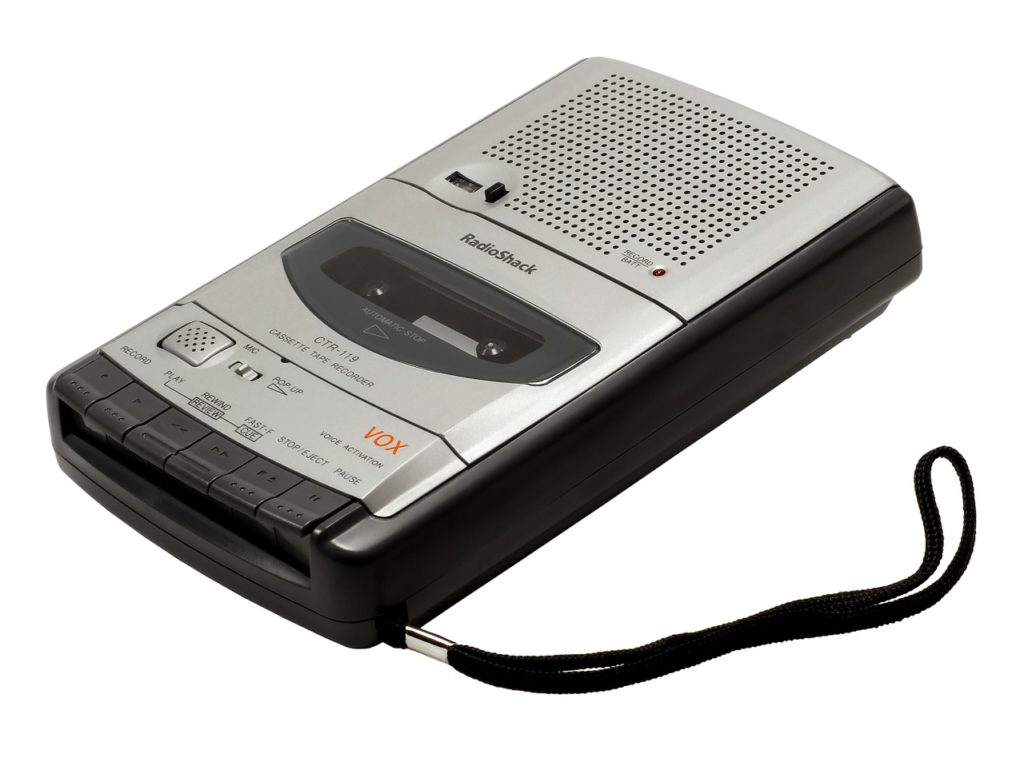
How to Make The Most Out of Your Music Performance Contracts
A music performance contract is an agreement between a booking agent and a venue to eliminate payment disagreements and clarify performance expectations and provisions. It protects the rights of both the venue and the music artist. Music performances should never be based on a handshake, even if the relationship between the agent and the venue is strong. Why? According to Rocket Lawyer, “It only takes one no-show or one venue not paying your band for both parties to learn that performance contracts are a smart idea.”
What’s in a Basic Music Performance Contract?
The basic music performance contract will specify the place, date and time of the show. It will provide a description of the show and approved length of performance time. Of course, the agreement will detail the compensation and how it will be paid to the band to guarantee their services. Typically, a 50-percent deposit is required by the agent upon signing the contract and another 50 percent paid before the show. If the band is to receive any or all of the door sales, those payments should be included in the contract, as well as any deductions, such as bar tabs.
The contract also stipulates cancellation policies and force majeures (forces of nature that could interrupt or prevent the show from occurring). The venue may also give the band a certain number of complimentary tickets for their guests. It will list any food and drink the venue will provide for the band, as well as parking for the band to unload, and soundcheck and set-up times. The music performance contract is also a commitment from the venue that the space they are providing is of sufficient size for the show, is structurally-sound, protected from the weather, and safe. If a venue maintains insurance, as it should, the contract will detail the type of insurance and what is covered.
Beyond the basic performance contract, some contracts may also include what equipment and power is available to the band at the venue. It may also discuss merchandise – what will be sold by whom (will the venue provide staff or is the band to bring their own sales staff) and where in the venue the merch sales can be set up. Some venues and bands may also want to include expectations that cover allowed language, intoxication thresholds (of the band and their fans) and alternate plans if a band member becomes ill during a set. For larger bands and venues, accommodations and transportation details and payment may be included in the contract.
Don’t Skip The Contract
Not every band is a traveling band. Many local bands call a particular venue home. Even then, a formal contract is needed. If the band is a resident band, for instance, with regular performances, a contract with terms and options for renewal is preferable.
That brings us to another point: be sure to get everything in writing. Verbal agreements may be the way you roll, but they can’t be tracked or proven if a disagreement or miscommunication happens (and they happen all the time). Even if you book gigs or negotiate terms in person or over the phone, send a follow-up email that outlines everything discussed so there is a time-stamped record you can fall back on should anything go sideways. A point to note: a verbal agreement may be legally binding, but it’s hard to prove if there’s no record of it and can result in lengthy disputes that come down to he-said, she-said.
Pre-Contract Considerations
Before the contract is ever drawn up, an offer must be made. As a venue owner or manager, your job is to continually book shows throughout the week, often multiple shows a day. Keeping track of the offers can be a full-time job. Instead of going at it manually, consider using software specifically built for the music industry – software that automates offer generation and makes the music performance contract process much simpler.
With offer generation built into the software, booking agents and venues have an easier way to communicate and get things done. For instance, a venue manager can instantly build any sized offer while having visibility into break-even calculations. The offers don’t have to look like they’re on auto-pilot, either. The software allows managers to custom-brand a complete offer and send it out in a couple of minutes. To make things run quickly every time, templates can be set up ahead of time to match specific deal types and rooms.
The management software can be configured to enable third parties to see only what you want to make public. Everything else, like your costs and revenue, can be set to be visible only to your team. It’s a much better system than digging through spreadsheets and multiple applications. Instead, you can estimate revenue, profit, and break-even in real-time, then compare deals and scenarios to optimize terms. No spreadsheet can do that.
With this data in hand, it’s much easier to draw up a favorable contract that not only covers your ass but covers your expenses, too.
Post-Contract Considerations
After the show, there are payments to be made. Settlements can be a pain after a show. Counting tickets, how much money was made from the ticket and what people are owed can take time and let’s face it, people are tired after a show. Using the right software, however, can make the settlement process much easier, faster and accurate.
Software automates the process and even ties in online ticket sales in real-time because it’s integrated into the ticketing platform. Account for any tickets sold at the door by inputting the number into the mobile software application. The settlement reports allow you to track and report any adjustments, payout methods per the music performance contract, and additional costs and revenue.
In a click from a mobile device, venue managers can generate a customized, branded settlement sheet, and separate internal and external settlement reports. Forget over- or underpaying the band. The software automatically calculates tax payments and variable expenses so you never have to guess in the wee hours of the morning.
Other Software Features to Help Manage Shows
You may find software on the market that has one or more features to help you manage a show but don’t settle for a “solution” that doesn’t give you everything in one platform. It doesn’t do you any good to have to bounce from application to application. You want to look for a real solution that pulls together all of the various tasks you do every day into a single place so you can be more productive and efficient.
What should you look for? A calendar is a must. It’s where you’re going to manage your schedule and that of your band, your venue and your team. You could use a generic calendar like Google or Outlook, but it won’t be integrated with other applications or have features specific to the music industry, like holds management.
Then, there’s the collaboration feature. Emails are great for some things, but they’re notorious for being a time suck. You have to dig through mountains of emails to find what you need and it’s easy to lose an important email when it’s buried under hundreds of other emails. Forbes put a number to the insanity, saying, “On average, office workers receive at least 200 [email] messages a day and spend about two-and-a-half hours reading and replying to emails.” What else could you be doing with those hours?
Instead, find event management software that allows you to connect all the stakeholders related to your business. You can control who can see what, but the software puts everyone on the same page and makes it a breeze to track all communications per show. Some software even offers a built-in approval system for confirmations, challenges, budget adjustments, offers and settlements.
Last, but definitely not the least, there’s the financial component. It’s the most important aspect of your business, yet the most commonly omitted feature in event management software. Be sure to look for software that prioritizes giving you instant visibility into the health of your business. Revenue and expense tracking are critical to understanding early on your show status with breakeven, marketing ROI, net sales and itemized expenses. Only then can you make smart decisions on where to invest, where you can improve, and how to budget. You can’t get this visibility in a spreadsheet and popular accounting software isn’t designed specifically for the music industry.
When you know what’s going on behind the curtain, you can design music performance contracts that you know are fair and profitable. By having insight into your people, your finances, your sales, and your commitments, you will streamline your business and have more time to enjoy the show.

Matt Ford is the founder and CEO of Prism.fm, an Austin-based software company revolutionizing live music event management. With a background in entrepreneurship and a degree from the University of Wisconsin-Madison School of Business, Ford combined his self-taught coding skills with firsthand experience as a concert promoter to address the inefficiencies he observed in the industry. In 2018, he launched Prism.fm, an all-in-one platform designed to streamline operations for venues, promoters, and agencies by replacing cumbersome spreadsheets with integrated tools for booking, financial tracking, and contract management. Under his leadership, Prism.fm has grown significantly, achieving $3 million in annual recurring revenue post-COVID and securing over $15 million in funding . Ford’s commitment to building user-centric solutions has positioned Prism.fm as a trusted partner for over 1,500 venues and promoters worldwide.



